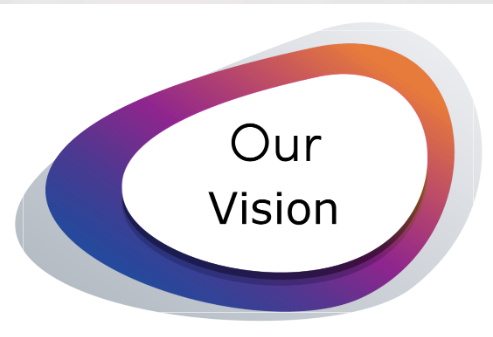Religious Education
Birmingham is the ‘most religious’ of all the core cities with 66% of the population professing a religion.
Analysis of Census 2021: Data- Birmingham City Council.
 Our teaching of RE is designed to support pupils in being compassionate and capable individuals who make the world a better place. Compassionate, so they have the will to make a difference; capable, so they have the skills to do so.
Our teaching of RE is designed to support pupils in being compassionate and capable individuals who make the world a better place. Compassionate, so they have the will to make a difference; capable, so they have the skills to do so.
Intent for the Teaching of Religious Education
Our intent for the teaching of Religious Education (RE) is to:
- Develop pupils' knowledge and understanding of the world's religions and non-religious worldviews, with a focus on the historic faith of the nation and city, and the pupils' own faith.
- Help pupils to develop the dispositions necessary to live respectful and compassionate lives, regardless of their own faith or worldview.
- Equip pupils with the skills and knowledge to think critically and reflectively about their own beliefs and values, and those of others.
 The intent for the teaching of RE is closely linked to our whole school's intent to create "responsible, active citizens while promoting high academic and social aspirations." By developing pupils' knowledge and understanding of different religions and worldviews, and by helping them to develop the dispositions necessary to live respectful and compassionate lives, we are equipping them to be responsible and active citizens in a diverse and multicultural society.
The intent for the teaching of RE is closely linked to our whole school's intent to create "responsible, active citizens while promoting high academic and social aspirations." By developing pupils' knowledge and understanding of different religions and worldviews, and by helping them to develop the dispositions necessary to live respectful and compassionate lives, we are equipping them to be responsible and active citizens in a diverse and multicultural society.
How We Implement Our Intent for RE
We implement our intent for RE through a variety of teaching and learning strategies, including:
- Use and adapt lesson planning provided by the Birmingham Agreed Syllabus for Religious Education.

- Providing pupils with opportunities to learn from their own experiences, as well as from the experiences of others from different faiths and backgrounds.
- Encouraging pupils to think critically and reflectively about their own beliefs and values, and those of others.
- Creating a safe and supportive environment in which pupils can ask questions and explore their own beliefs and values.
We assess pupils' progress in RE using a variety of methods, including:
- Formative assessment, such as asking questions in class and observing pupils' participation in activities.
- Summative assessment, such as end-of-unit tests and projects.
- Assessment of the dispositions using our Symphony sheet and by using the non-statutory key questions provided by the Birmingham Agreed Syllabus for Religious Education. These questions facilitate discussion that is recorded in our special RE discussion books that are kept in each classroom.
 We believe that RE is an important part of a well-rounded education. By teaching pupils about different religions and worldviews, and by helping them to develop the dispositions necessary to live respectful and compassionate lives, we are preparing them to be responsible and active citizens in a diverse and multicultural society.
We believe that RE is an important part of a well-rounded education. By teaching pupils about different religions and worldviews, and by helping them to develop the dispositions necessary to live respectful and compassionate lives, we are preparing them to be responsible and active citizens in a diverse and multicultural society.
